The Ugly Truth: A Look into South Korea’s Plastic Surgery Industry
If you had the choice to receive eternal beauty would you take it?
In recent years, a new competitor has risen in the beauty and cosmetic industry – South Korea. Its first introductions have come from k-pop and k-dramas becoming more international. However, it’s the mothership, which proudly boasts countless cosmetic surgery clinics and makeup stores in every second high-rise building. Although this is a positive development for the economy in Korea, what are the secrets hidden behind the mask of innumerable nose guards and facial bandages?
The patriarchal society of Korea cannot be underestimated as it is one of the prime reasons for the unattainable beauty standards and unfathomable efforts to achieve them. In addition to this patriarchy, which “hints” at sexism, follows the country’s emphasis on lookism, which is defined as “prejudice or discrimination based on physical appearance and especially physical appearance believed to fall short of societal notions of beauty” according to the Merriam-Webster dictionary. The Herald Insights gives ordinary yet noxious examples of lookism “Light jokes about “ugly” people are rampant in commercials, sitcoms, and other mass media. Young dreamers undergo plastic surgery to meet the requisites of certain professions, such as flight attendants, newscasters, or ‘idols’.” Parents present their children with plastic surgery as a gift for completing high school, whereas others receive their gift half-way through the year. Another factor is the competitive nature of Korean society, which results from population density and limited opportunities in the studies and workplace. Even from a young age, children are exposed to a competitive learning environment. This wish of one-upping a next door neighbor or the student from the other class takes form in physical appearances.
But what are these beauty standards? The Odyssey lists them as follows:
- Have a round forehead instead of a flat one.
- Have double eyelids
- Aegyo-ssal (protruding eyebags)
- A modest, medium-sized nose bridge.
- “V-line” face
- Extremely pale, white skin.
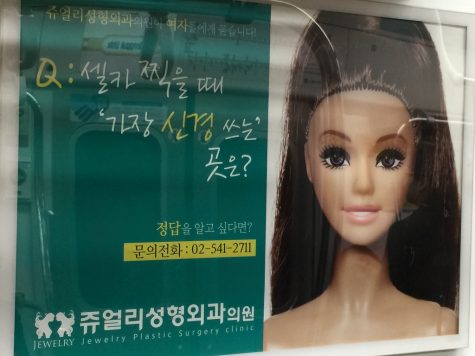
Advertisements in the Subway Stations
Now, it is important to note that having high beauty standards is not the issue that is being discussed here. It is the methods that are used to attain these standards to the highest degree. Although an abundance of emphasis is placed on makeup and your everyday k-beauty, insistence on plastic surgery is prominent within every inch of this country especially in the subway stations in Gangnam and Apgujeong with posters promising youthful beauty plastered on every wall. Women with abnormally huge eyes and dainty noses can be seen watching every pedestrian as they walk past. Before and After pictures guarantee a change that almost seems too good to be true. The most marketed procedure include double eyelid surgery, v-line jaw reduction, epicanthoplasty (eye-widening surgery), rhinoplasty (nose jobs) and forehead augmentations.
These procedures to achieve artificial beauty have led South Korea to become the “plastic surgery capital of the world”. Gallup Korea found about one in three South Korean women between the ages of 19 and 29 said they’ve undergone at least some type of procedure, though some counts put the number even higher. Due to the methods becoming ever more refined and affordable, people from all around the world come to South Korea to roll their dice in the hands of artificial beauty too.
Now you might wonder why this is a bad thing since the people receive beauty and elevation in social status through a simple surgery. However, the matter seems to be more complicated. Even if you go through a number of plastic surgery procedures and become the perfect vision of the beauty standards, you are mocked by society for following its rules and get called a Gangnam Beauty. Gangnam Beauty is a derogatory term that is used to refer to someone who’s only attractive due to going through a number of plastic surgeries for a pretty face or body. To summarize if you go through procedures to confine to society’s expectations you are mocked, however, if you don’t and don’t go through many or even any procedures you get called “plain-faced”, “tired-looking”, and even “sloppy and impolite”. Physical beauty is a social etiquette in the culture of South Korea. People who prioritize beauty, yet cannot afford to go to a clinic, follow the path of unregistered and illegal plastic surgery clinics led by incompetent or unprofessional “doctors” and risk botching their face in the process.
However, there have been measures to decrease plastic surgery commercials and lookism in general. According to The Korea Times, advertisements for plastic surgery procedures in Seoul’s metro station are to be banned by 2022. These will be instead substituted with advertisements that promote culture and art. Moreover, the South Korean president Moon Jae-in plans on overhauling the job application process by implementing many changes, which guarantee an applicant an unfair advantage, such as entering their picture. Although this may seem like a very insignificant change in the eyes of countries in the West, it is a huge step forward in combatting lookism in South Korea. It’s such a discriminatory act that many Koreans take for granted.
Striving to be beautiful is not harmful nor immoral. It is a natural desire However, sacrificing our health and mental stability to look like a carbon copy of everyone else is a sign that this simply is becoming unhealthy. While putting on makeup and going through a procedure or two is perfectly fine, we should not forget to focus on honing our inner beauty once in a while.

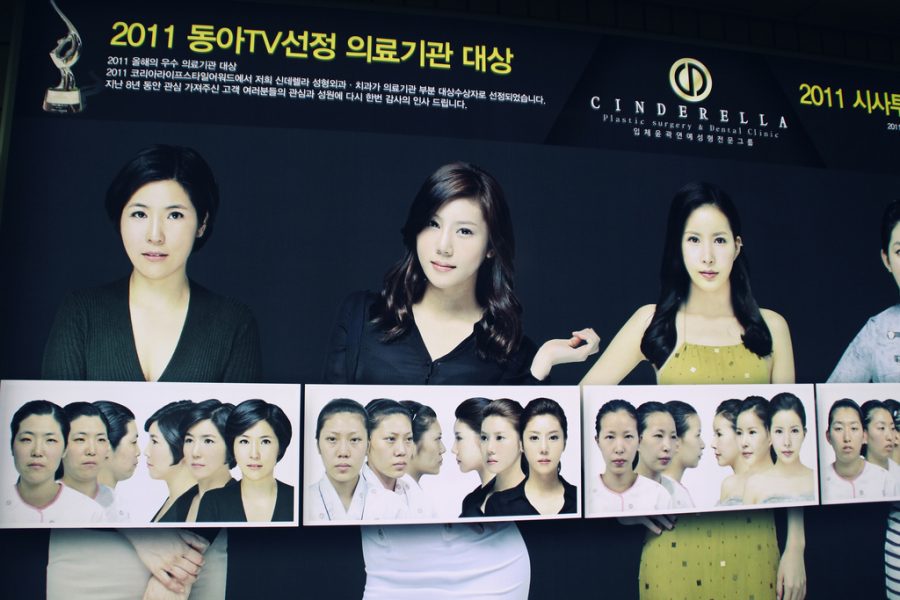
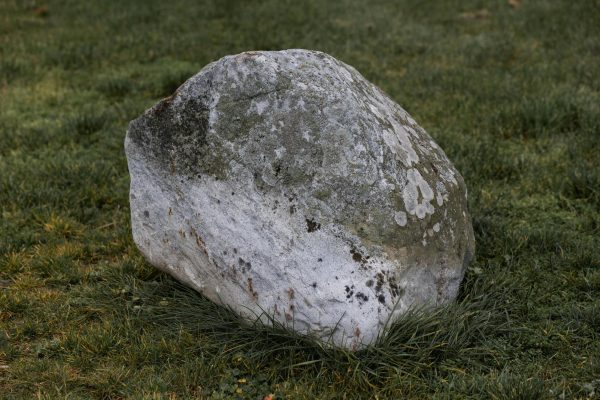
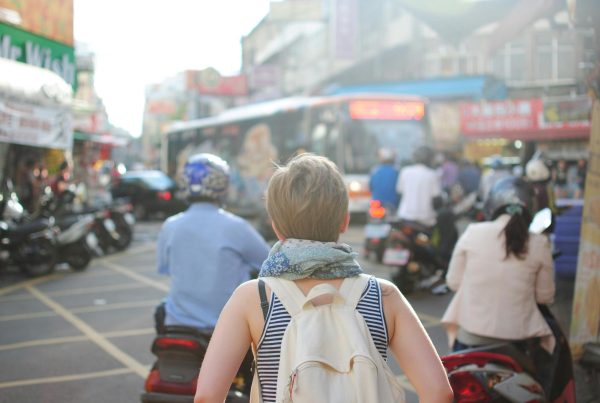
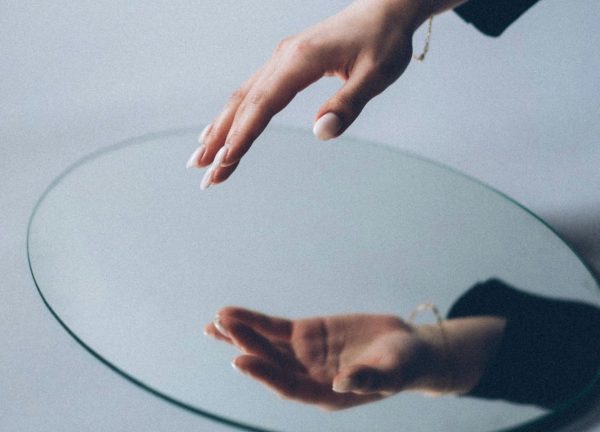
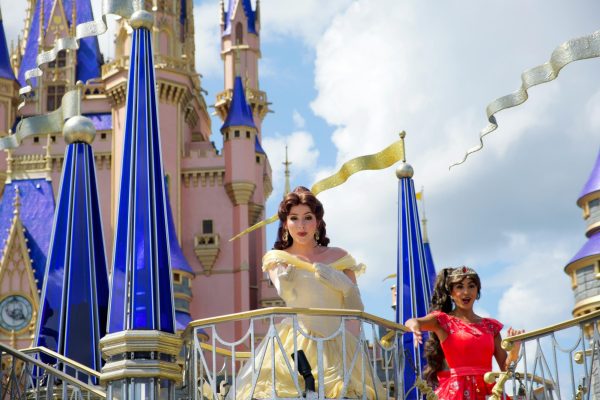
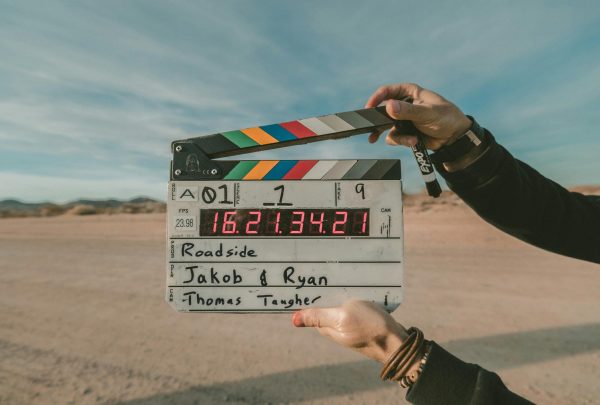

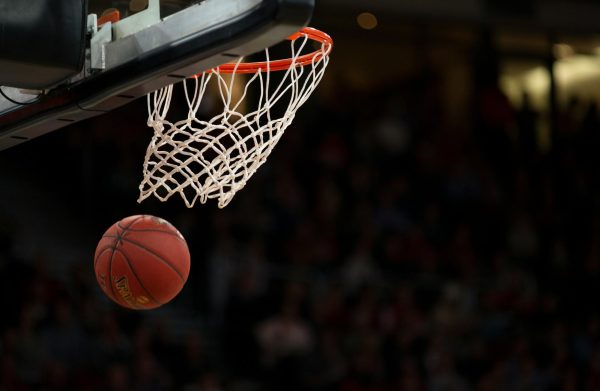
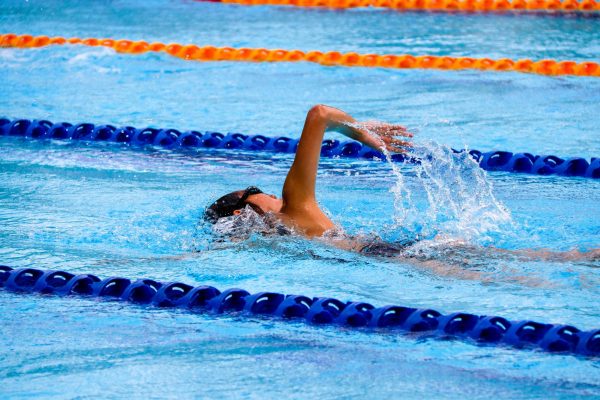
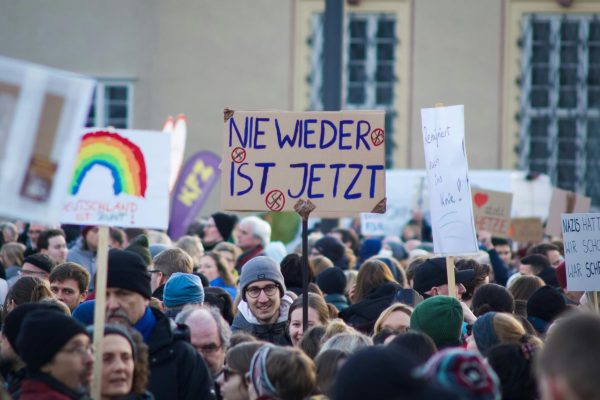
vera thiers • Mar 29, 2019 at
Very nice and informative article. I never knew……………………